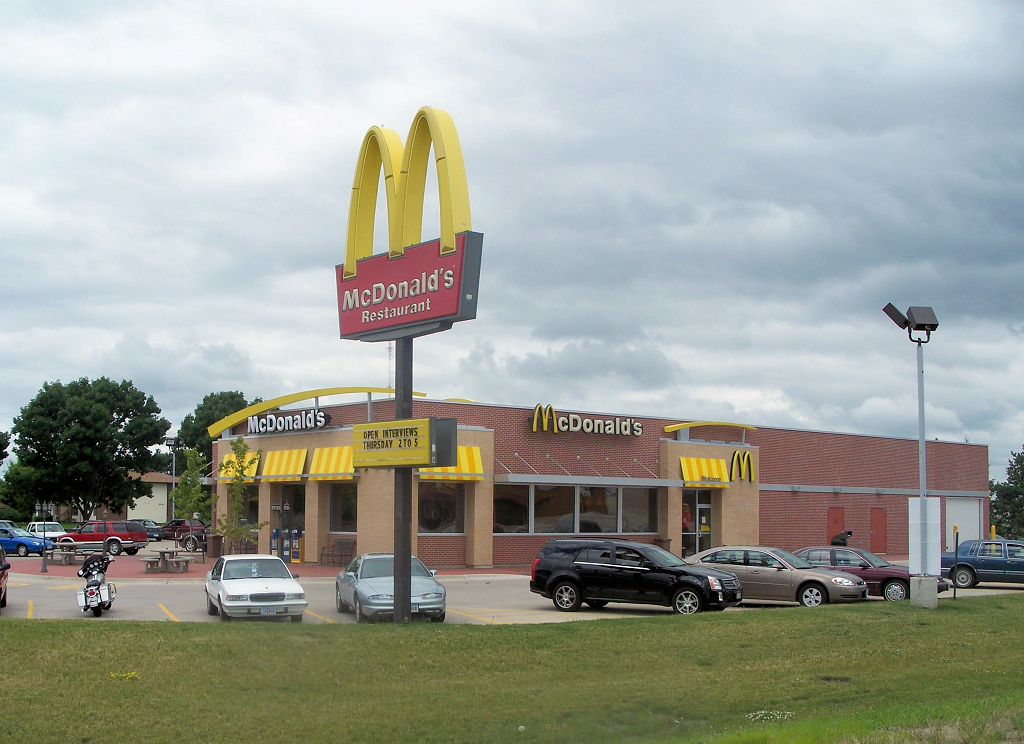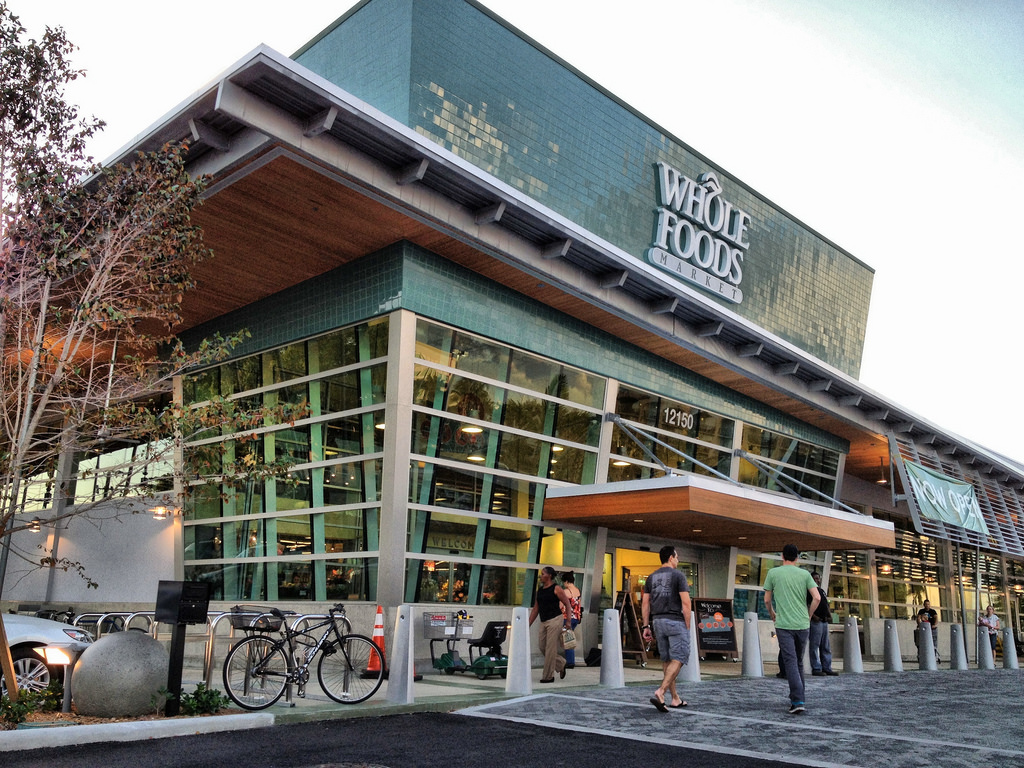Major retailers will keep shutting down their stores until organized retail crime gets under control
04/18/2023 / By Arsenio Toledo

The country’s major retailers are shutting down stores all over the country, especially in the United States’ major urban areas where retail crimes are rampant.
Chicago became the latest to experience retail closures when Walmart announced that it was shutting down four of its eight locations there – mostly located in the city’s exceptionally crime-ridden south and west sides – because of tens of millions of dollars in annual losses. (Related: Walmart to close half of its stores in Chicago due to millions in annual losses – and a collapsing retail economy.)
Walmart has closed stores in several other cities, including Albuquerque, Milwaukee, Washington, Portland, South Bend, Honolulu and Atlanta. Stores in the metro areas of Seattle and the twin cities of Minneapolis and St. Paul are also shutting down.
Furthermore, Walmart is closing down stores in Illinois and Arkansas that were “pick-up only” and two “neighborhood market” concept stores in Florida and Texas.
Other big box stores have announced store closures since late last year, including Target, Walgreens, Macy’s, Best Buy and Bed Bath & Beyond. All these major retailers have pointed out how rampant retail theft and the millions of dollars in losses associated with these crimes have heavily influenced their decision to shut down certain stores.
Target lost over $600 million in profits last year due to retail theft. Walgreens reported that its sales last year shrank by around 3.5 percent due to organized shoplifting.
Macy’s plans to close 125 locations over three years due to crime levels the company has never seen before. Best Buy plans to shut down an average of 20 stores each year until organized retail crime is brought under control. Bed Bath & Beyond has identified at least 416 of its stores in the U.S. for possible closure, citing $358 million in net losses during the first quarter of 2022.
Big box stores to move more business outside of cities
Approximately 90 percent of Americans now live within 10 miles of a Walmart, including people in most of the country’s major urban areas. But analyst Laura Kennedy of private equity firm CB Insights said “Walmart’s foundation and home base has never been in cities.”
Kennedy noted how most customers go to Walmart for groceries. But the company wants them to also pick up other things they might like. The freedom to be able to pick up any kind of item a person may want does not exist in cities, where “you’re just going to have less square footage to spread that all out across,” she said.
Staying in cities also means customers are more likely to arrive on foot. This means people will only buy what they can carry or bring with them on public transportation.
“The basket size is smaller, customers don’t fill up the back of an SUV coming out of an urban store,” said Mark Cohen, director of Retail Studies at Columbia Business School. “They grab a couple of items and they leave.”
Cohen noted that the situation many cities are facing now didn’t come out of anywhere. Many big box retailers like Walmart have long struggled in cities where operational costs are higher and profits are lower, and it makes sense for stores to close if they are not making the companies any money.
But this doesn’t mean these businesses won’t have an effect on the communities they leave behind. Ellen Dunham-Jones, professor of architecture at the Georgia Institute of Technology, noted that businesses – no matter the size – leave an impact.
“If it’s just a little business, it’s still a loss of some of the soul of that neighborhood,” she said. “And when it’s a really large store that meets a lot of one’s needs, that’s a really big hole.”
Learn more about the collapse of America’s retail economy at MarketCrash.news.
Watch this clip from Next News Network as anchor Rich Crankshaw discusses Walmart’s plan to lay off thousands of employees nationwide as the big box retailer prepares for tough times ahead.
This video is from the News Clips channel on Brighteon.com.
More related stories:
Walmart to close four “unprofitable” stores in Chicago as America’s economic decline accelerates.
Walmart cuts another 2,000 warehouse jobs following retail store closure announcement.
Walmart converting 65% of its stores to “automation” – human employees will be let go.
Sources include:
Submit a correction >>
Tagged Under:
anarchy, big box stores, big government, Bubble, chaos, Chicago, Collapse, corporations, crime, debt bomb, debt collapse, economc collapse, economy, grocery, market crash, money supply, national security, organized retail crime, Retail, retail theft, risk, store closures, Walmart
This article may contain statements that reflect the opinion of the author
RECENT NEWS & ARTICLES
COPYRIGHT © 2017 BUBBLE NEWS



















